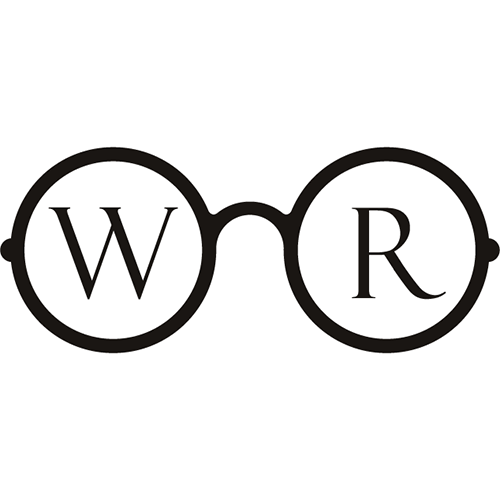
10 Facts You May Not Know About George Orwell's '1984'
George Orwell’s "1984" is a timeless classic that continues to captivate readers worldwide. Known for its dystopian themes and portrayal of a totalitarian regime, "1984" has become one of the most significant works of literature of the 20th century. As we celebrate Orwell's birthday on the 25th of June, let's take a closer look at ten fascinating facts about this iconic novel.
[WARNING: SPOILERS LIE AHEAD].
- The novel's original title was "The Last Man in Europe." Orwell changed the title to "1984" in 1948, which was a reversal of the last two digits of the year he wrote the novel. This change in title came from Orwell's desire to create a title that would be more memorable and impactful, given the novel's bleak themes.
- Orwell drew inspiration from his experiences during World War II, particularly his time working for the BBC's Eastern Service, where he became aware of the power of propaganda. This experience informed Orwell's view of the world and his understanding of how language can be used to manipulate and control people.
- The novel's protagonist, Winston Smith, was inspired by Orwell's own life. Like Smith, Orwell was a writer who was disillusioned by the political climate of his time. Orwell's experiences as a journalist and his involvement in socialist politics influenced his writing and his portrayal of the Party's oppressive regime.
- The novel's famous opening line, "It was a bright cold day in April, and the clocks were striking thirteen," sets the tone for the bleak and oppressive world that the novel depicts. This line immediately establishes the novel's dystopian setting and foreshadows the themes of government control and manipulation.
- The novel's concept of "Newspeak," a language designed to limit free thought and promote the Party's ideology, has influenced discussions about language and power in contemporary society. The concept of Newspeak highlights the power of language to shape reality and control people's thoughts and behaviour.
- The telescreen, a device used by the Party to monitor citizens and control their behaviour, has become a cultural icon and is often used to represent government surveillance. The telescreen is a powerful symbol of the Party's control over its citizens and the dangers of unchecked government power.
- The novel's ending, which reveals that Winston Smith has been brainwashed into loving the Party, has been interpreted in various ways and has sparked debates among readers and critics alike. Some readers see this as a tragic ending, while others view it as a victory for the Party's power and control.
- In the novel, the character O'Brien serves as both a mentor and a torturer to Winston Smith, highlighting the ambiguous nature of power and control. O'Brien's character represents the complex relationship between power and authority, and the moral ambiguity of those who wield it.
- The novel's portrayal of a society in which the government controls all aspects of life has influenced discussions about authoritarianism and totalitarianism in contemporary society. The novel's themes of government surveillance, propaganda, and control continue to be relevant today, reflecting the enduring impact of Orwell's work on our understanding of politics and power.
- Many of the concepts and themes in "1984" continue to be relevant today, particularly in discussions about government surveillance, individual privacy, and the power of language. The novel's enduring relevance is a testament to Orwell's vision and his ability to capture the essence of the human condition in his writing.
Happy birthday, George Orwell!
The Well Read Co Team




